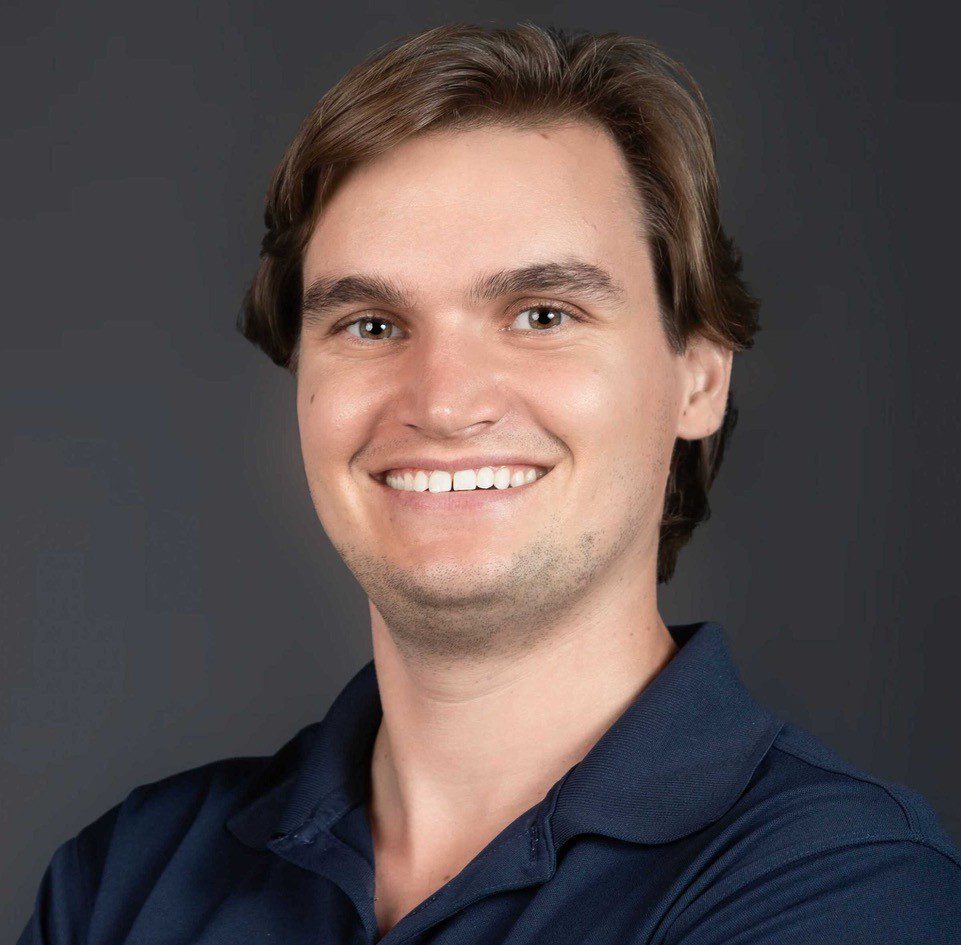By Riley Kaminer
It’s not a hotel room. It’s not an apartment. It’s a Roami!
Miami-based startup Roami, formerly known as Sextant Stays, is redefining hospitality. The company, founded in 2016, builds short-stay units that offer the best amenities of hotel rooms and apartments you would find on AirBnb.
Today, the startup announced that they have raised a $14 million Series A funding round, alongside their rebrand to Roami. The round, which was led by Vigo Capital, almost doubles their funding raised to date: a total of $29 million.
“COVID really changed the way we live, work, and travel,” founder and CEO Andreas King-Geovanis [pictured above], a University of Miami graduate who has lived in the Magic City since 2008, told Refresh Miami. “This is a new accommodation type that we think is the future of hospitality.”
The market agrees. The company reports growing 800% over the last three years, collecting over $40 million in revenue in 2022. The company now has upwards of 500 units in around 25 buildings across the US – with about half of its inventory in South Florida – plus 150 full-time employees.
With this new injection of capital, Roami plans to expand its footprint – opening new markets including Nashville, Austin, and Charleston. The company also plans to double down on their technology investment. Currently, they mostly leverage already-existing platforms. Going forward though, Roami hopes to develop proprietary tech to enhance customer and employee experience – for instance, by leveraging ChatGPT.
Roami units are around six times larger than standard hotel rooms. They include in-unit washers and dryers, as well as kitchens. Owning the entire building where they have units enables the company to have more control over the customers’ experience. It also lets them tweak properties to meet the needs of consumers. For example, since the average stay is four and a half nights, the units do not have the large closets you would find in a typical apartment.

King-Geovanis explained that Roami is particularly popular with groups, with an average reservation size of six people. “Our typical unit is two bedrooms,” he said, noting that some properties have interconnecting doors to make units as big as six bedrooms.
The design of Roami’s amenities also reflects this large average group side. “One of our properties has a 40 person rooftop dining table with a summer kitchen. So instead of having 10, four person dining tables, we decided to just create this one big one,” he said.
“Being able to inspire human connection is massive, and we’re doing it through the physical design,” asserted King-Geovanis about the ultimate goal of Roami.
Looking forward, King-Geovanis signaled that the company will roll out digital tools to enable guests to interact with each other if they want and enjoy shared amenities with other guests in Roami properties across the same city.
Data also plays a key, and growing, role in Roami’s model. “We’re excited to introduce Roami as a brand built around what we’ve termed ‘Predictive Hospitality’,” commented Roami COO Brandreth Canaley. “Throughout the customer journey, our technology is collecting the dots and connecting the dots to anticipate guests’ needs before they even know they have them.”

READ MORE IN REFRESH MIAMI:
- Buy, rent, sell, manage: Miami’s proptech ecosystem may be as hot as our real estate market
- Get ready for Getaway: Real estate investing you can actually enjoy
- Proptech startup Bungalow makes its HQ home in Miami’s Wynwood





